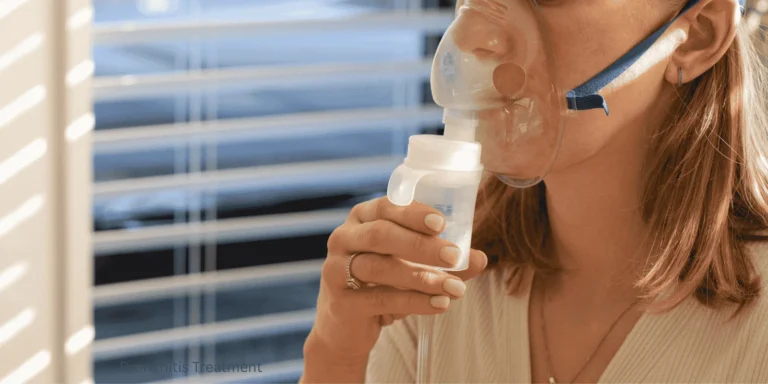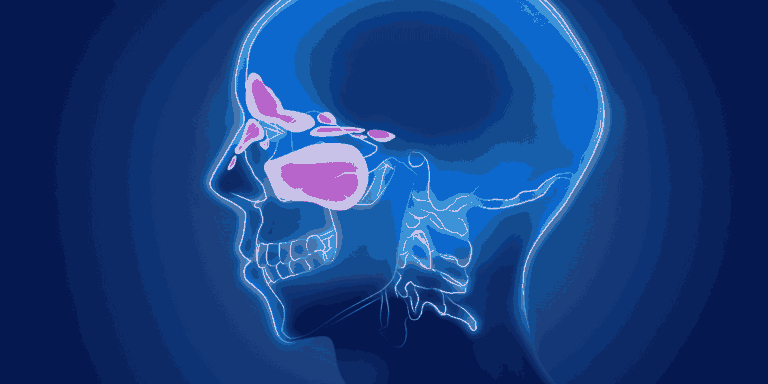Upper respiratory infections (URIs) are among the most frequent illnesses I treat, affecting the nose, throat, sinuses, and upper airways. Understanding these symptoms helps you recognize when you have a URI and determine if treatment is needed.
The classic URI symptoms include:
Nasal congestion and runny nose are often the first signs. You might notice clear discharge initially, which can become thicker and yellowish as the infection progresses. This happens because inflamed nasal tissues produce excess mucus to trap and flush out infectious agents.
Sneezing occurs frequently as your body attempts to expel irritants and infectious particles from the nasal passages. This is a natural defense mechanism but also contributes to spreading the infection to others.
Sore throat develops as inflammation spreads to throat tissues. The discomfort typically feels scratchy or raw, especially when swallowing. This symptom often improves with warm liquids and throat lozenges.
Cough can be either dry or productive (with mucus). Initially, you might have a dry, irritating cough that evolves into a productive cough as your body works to clear mucus from the airways.
Additional common symptoms:
- Mild headache from sinus pressure and congestion
- Low-grade fever (usually under 101°F)
- Fatigue and general malaise
- Decreased sense of smell and taste
- Hoarse voice from throat inflammation
- Post-nasal drip causing throat clearing
How URIs differ from more serious conditions: URIs typically don’t cause high fevers, severe shortness of breath, or chest pain. These symptoms might indicate pneumonia, influenza, or other more serious infections requiring different treatment.
Duration and progression: Most URI symptoms peak within 2-3 days and gradually improve over 7-10 days. The cough often persists longest, sometimes for 2-3 weeks after other symptoms resolve.
When to seek medical attention: While most URIs resolve with supportive care, seek evaluation if you develop high fever, severe headache, difficulty breathing, or symptoms lasting more than 10 days.
If you’re experiencing URI symptoms, ChatRx can help determine if you need treatment or if supportive care will help you recover comfortably.












